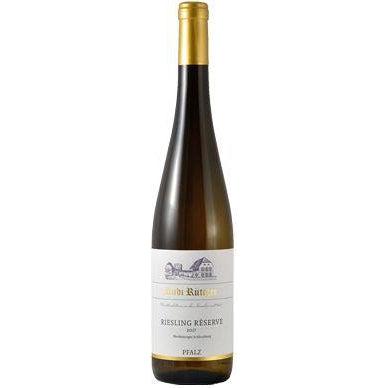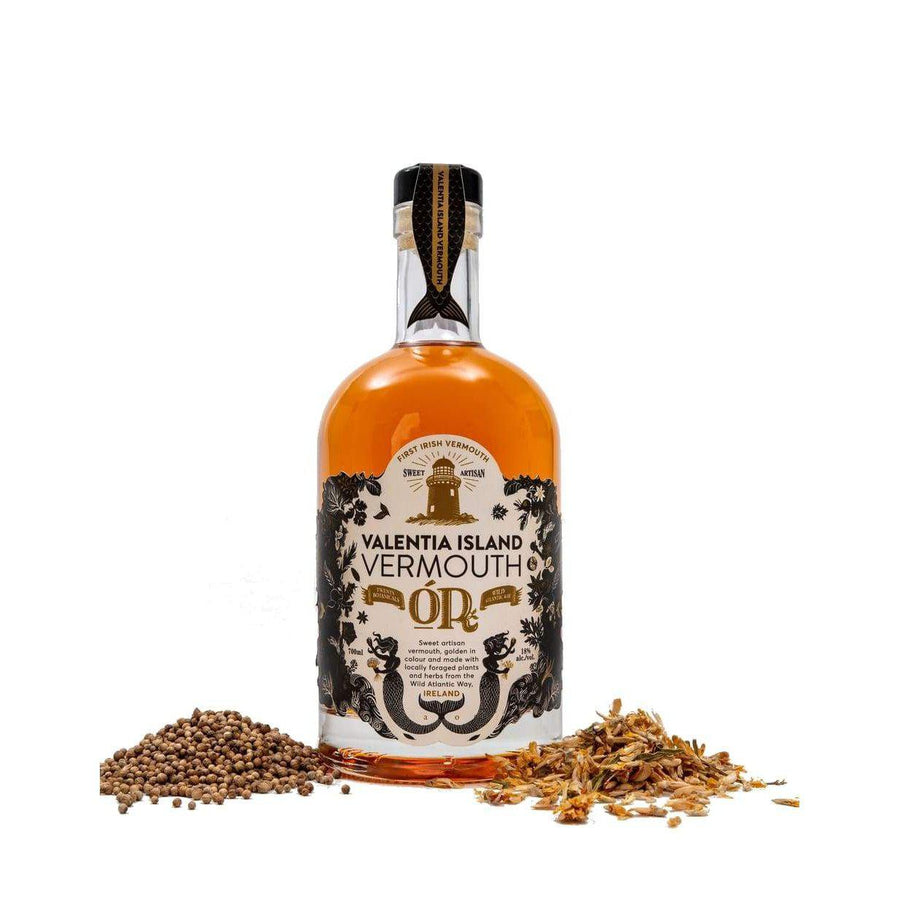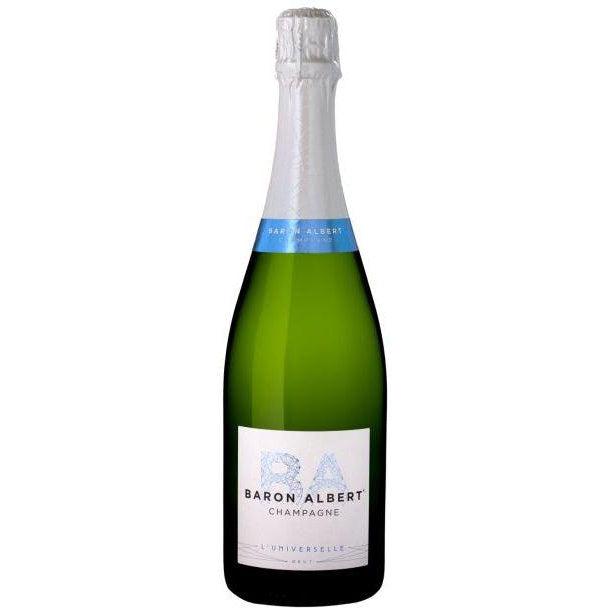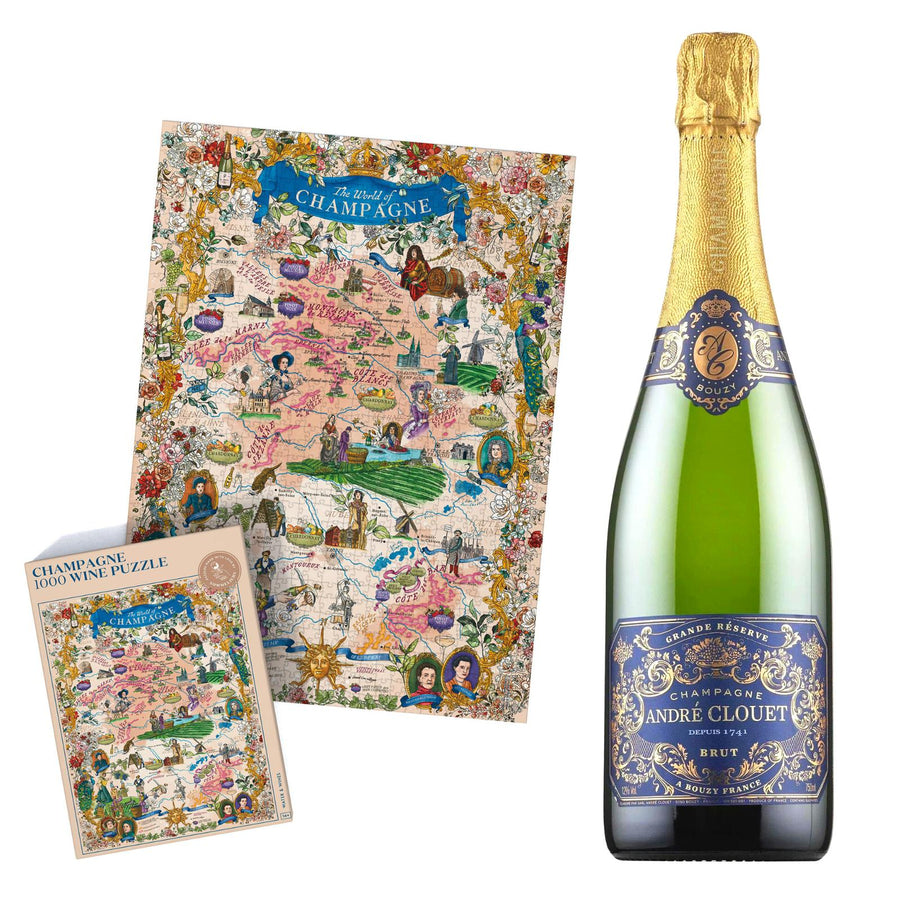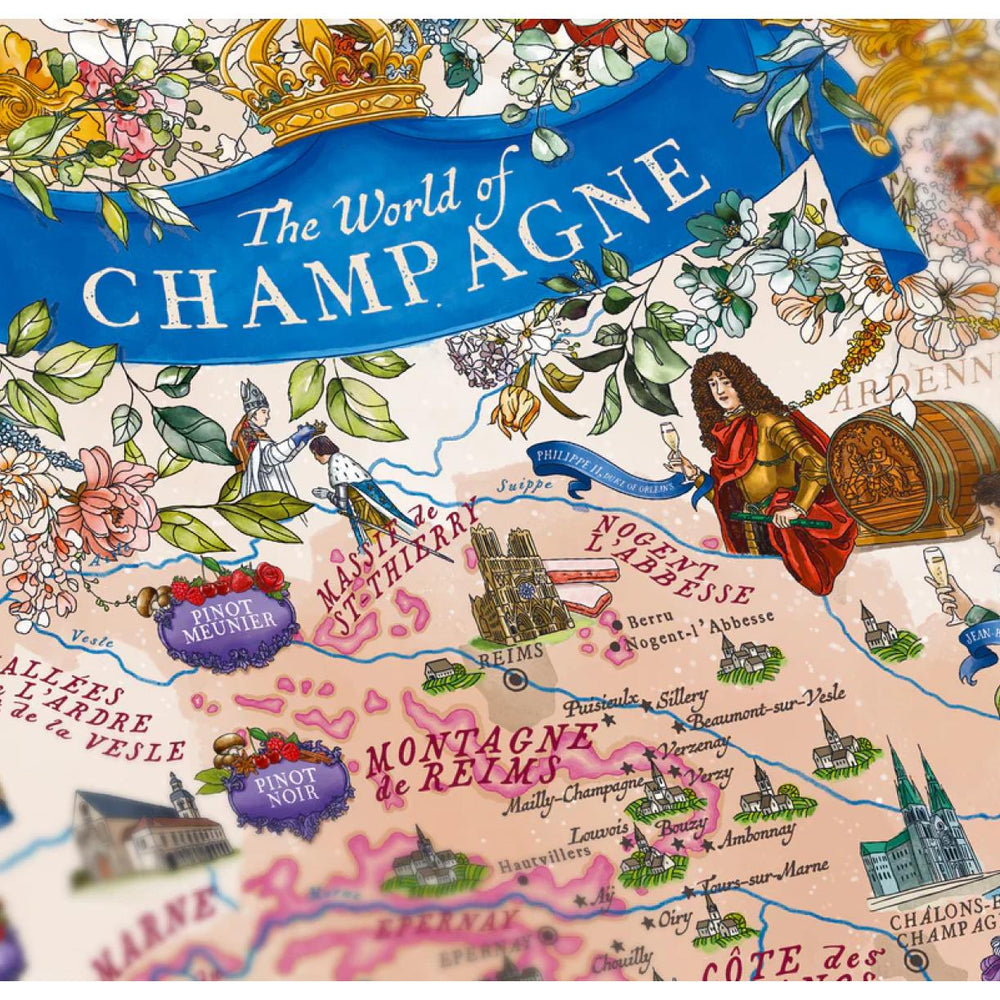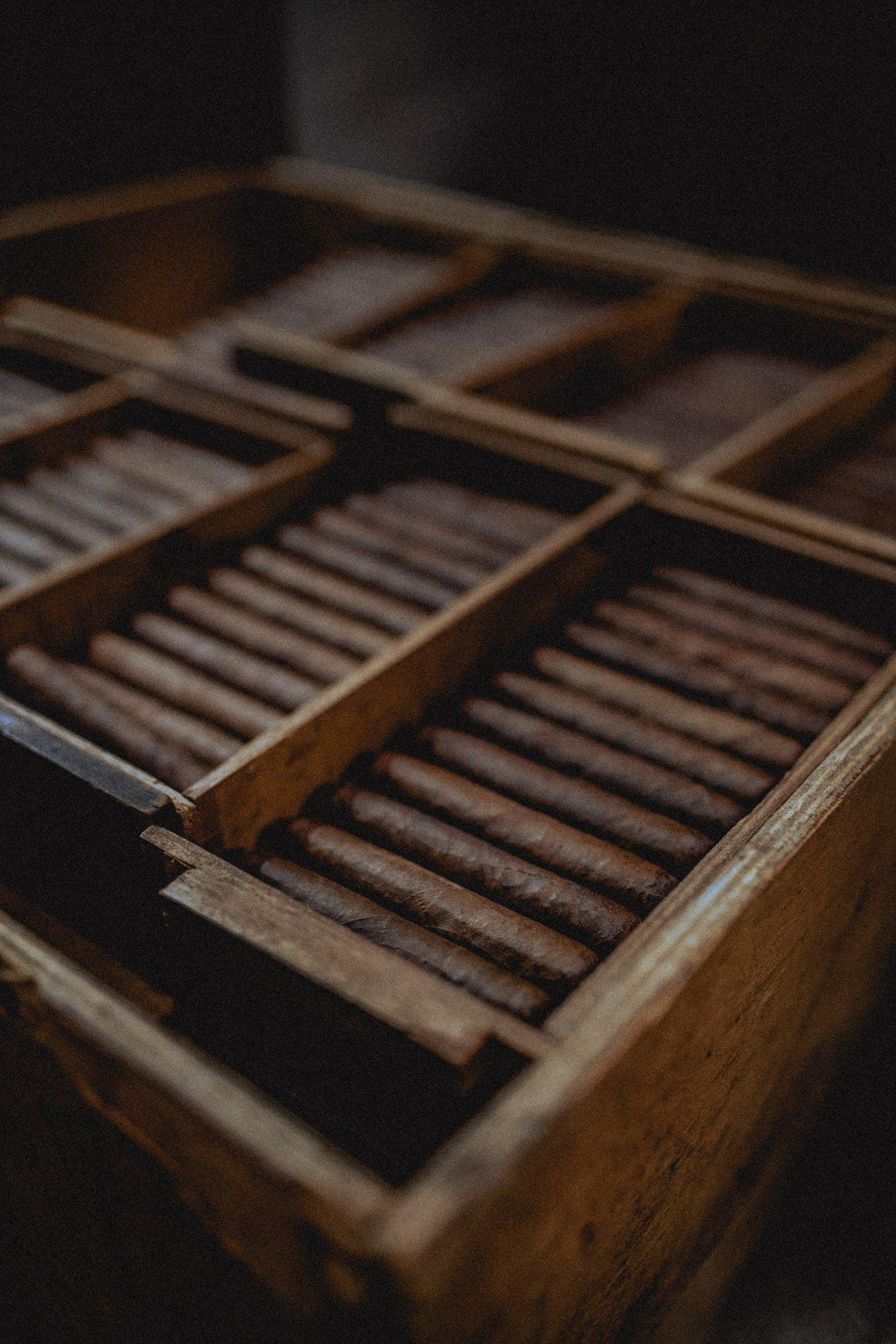Wooden wine boxes: shabby-chic storage par excellence
I'll tell you what I want…
(Is it wine? Not so much)
What do our customers really want? Is it fine old vintages, new and thrilling grape varieties, the latest expression of the winemaker's craft from parts of the world you'd never have thought of, conjuring sublime and unique experiences? Nah.
(Clue: it's wooden wine boxes)
Now it can be revealed: more than any request for this or that particular bottle of wine, it is wooden wine boxes the public thirsts after. The demand for wooden wine boxes—or crates, or cases, or what you will—is enormous and apparently insatiable.

I-Spy Bubble Brothers' English Market shop (15 points)
I'll tell you what I want it for…
A hand-made tale
It's not hard to understand, or at least offer reasons for, this enthusiasm for the old wooden wine box. The very many gleaming and flawless objects that surround us in our daily lives are manufactured to tolerances that seem super-human, and they are made from materials that are themselves spirited into being by the most extreme refinements of twenty-first century alchemy. Or that's how it looks to those who didn't always give their undivided attention in Science…
DIY? Maybe not
…whereas a wine box is a relatively unchanged, traditional sort of a thing. It doesn't need a manual or an Allen key. There are four wooden sides and a wooden top and a wooden bottom, nailed together. There might be a bit of tongue-in-groove, but there's no fancy dovetailing or such. You might, indeed, if you had the time, make such a thing yourself. And the tools. And a workbench. And a supply of… what kind of timber is that, anyway? And probably rather more skill than you might suppose at first glance.
Evocative and yet so practical
So this covetable item speaks to us because it's solid and simple and has a faint aura of luxury (twelve bottles of wine at once) and romance (wine in general) with a pinch of artisan toil (the vanishing craft of the wine-box maker) and the inverted-snob value of shabby chic (we prefer to upcycle where we can, rather than buy new). And besides that and probably foremost, a wooden wine box is a very useful, sturdy container for all kinds of nondescript bits and pieces.
Digital envy
Another influence on the popularity of these boxes is the mobile telephone. Well, digitally disseminated envy about shabby-chicery by whatever means. You don't have to look far into Instagram or Etsy to see that people with time on their hands, or with other aptitudes for making their efforts look effortless, love to transform a kitchen, study or other sump of domestic impedimenta through the cunning deployment of wooden wine boxes and the like. Just pick them up for a song at your local friendly wine merchant.
Everything but the squeak
Cardboard: all the advantages
That your local friendly wine merchant is up to his or her &c. ears in encumbering empty wine boxes is, unfortunately, a fantasy. Sorry to rain on your parade, folks, but nearly all our wine is shipped in cardboard boxes, of more or less ingenious design depending on the value of the contents and the priorities of the winery. Cardboard is light, cheap, durable and can be recycled and re-used.
Like hen's teeth
We re-use those cardboard boxes and never have enough of them. Running a business here. The wooden boxes are much scarcer. Generally, it's only the top bottles from Bordeaux and one or two prestige lines from Spain and Portugal that come to us in timber boxes. Although I haven't done the sums, it's a very small percentage of the total.
From which a panel will be formed
Those boxes are very useful in all kinds of ways. If you've visited our shop in Cork's English Market you'll see that we've clad one of the walls and the central pillar with some of the more attractive panels. In the office and warehouse, tape guns, markers, box cutters and all sorts of associated small items go into wooden wine boxes to keep them safe and together in one place. We realize how handy the boxes are.
New brooms sweep clean
Not quite Marie Kondo, but still
There was, over the years at our Marina premises, a very gradual accumulation of surplus boxes, which we hung on to—just in case. When we moved to premises more appropriately sized for how we intend to do things, and began the inevitable rationalizing that goes with any change of address, we did some assertive de-cluttering and sold off those surplus boxes.
Now that the surplus has gone, we occasionally have one or two of the six-bottle size of box for sale at our English Market shop. We no longer sell these online or deliver them.



